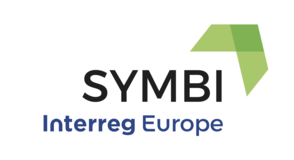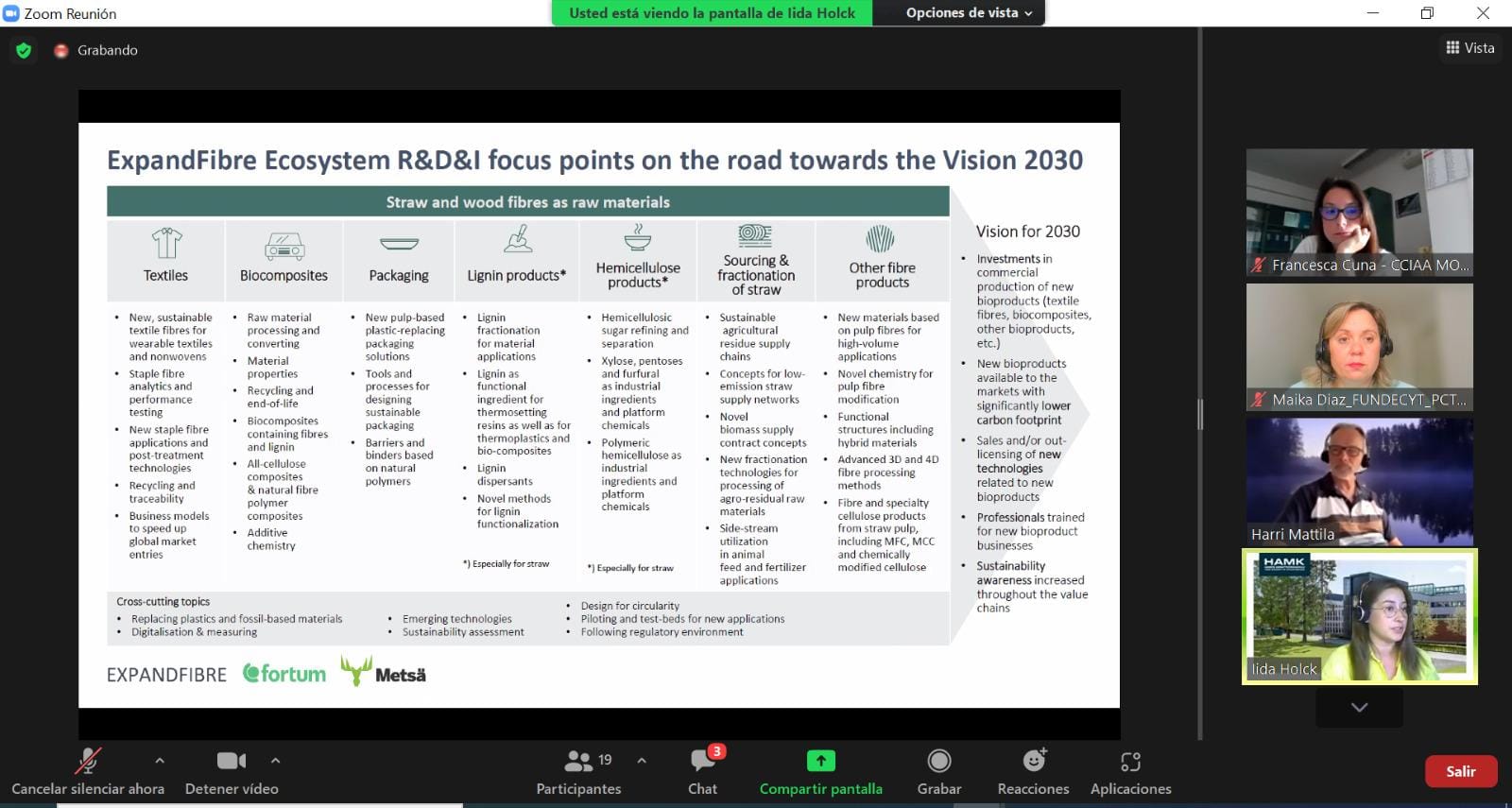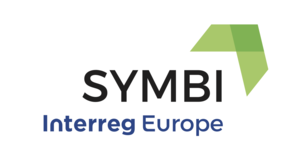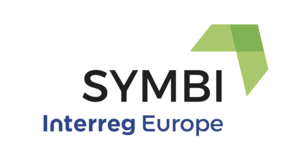Regional stakeholders played a key role during SYMBI project extension’s.
Partners organised regional stakeholders meetings with stakeholders, focusing on how the partners in 7 SYMBI regions can improve and urge the circular transformation in the situation created by the pandemic. The specific aim of the activity is the collection of input from the stakeholders on the most pressing territorial needs, not only for recovery but for future resilience and to collect and review the good practices and change experiences.
In order to do so, partners surveyed the impact of covid-19 on territorial supply chain and identify good practices and solutions which will be discussed by stakeholders.
In general, to implement successfully all SYMBI activities, partners consulted with stakeholders during the stakeholder meetings regarding good practices the latter identified and followed during the pandemic. Discussions could revolve around how they tackled pandemic challenges and what they believe should be done, on a territorial level for become more resilient.
Partners conducted one online meeting in each semester for consulting with wide range of decision-makers and stakeholders on pressing territorial needs and complementing project activities. During the meetings, partners had the opportunity to locate issues to be addressed at the action plans implementation phase (project phase 2), as well as to ensure the involvement of specific stakeholders' organisations in the preparation of the action plans.
At the beginning of the extended project, the partners identified/updated their key stakeholders, the range of which expanded steadily as the project progressed. Stakeholders involved from different areas like public authorities responsible for environmental protection, resource efficiency and sustainable development, businesses and SMEs, regional development and / or innovation agencies, regional chambers of commerce, universities, research centres and institutes related to circular economy, business support centres and cluster organisations for industrial synergies.
The conclusions of regional stakeholder’s meetings complemented the conclusions of activities , to provide more comprehensive policy recommendations for the action plans and to establish stakeholders’ consensus for their subsequent implementation. Compared to public consultation meetings, the regional stakeholder meetings not only foster wide cooperation but will also serve as a more detailed and in-depth procedure that is repeated every semester, in order to gather richer feedback from key ‘players’ in the region.
More precisely, through regional stakeholders meetings, stakeholders: a) receive necessary information that leads to the development of a better understanding of various aspects of industrial symbiosis and circular economy, and b) provide their own perspectives and opinions on these issues. This means that through the meetings stakeholders, as well as policy makers, develop social learning. The development of industrial symbiosis and circular economy is a complex procedure and, as a result, regional administrations cannot develop policies in isolation for such issues. Hence, delivering social/stakeholder learning should be a key objective for projects that aim to achieve changes in the production and consumption processes though a collaborative procedure.
Whilst COVID-19 has impacted stakeholder engagement practices, with partners having to adapt their processes in a pandemic context, it has also spurred new partnerships and innovations in implementation, follow up and review.
Through stakeholders dialogues, project partners had the opportunity to gather valuable input from partners’ territories and ensure the involvement of stakeholders and their organisations in the extended SYMBI activities.
Conclussions from these meetings can be found in the report uploaded in Library Section





